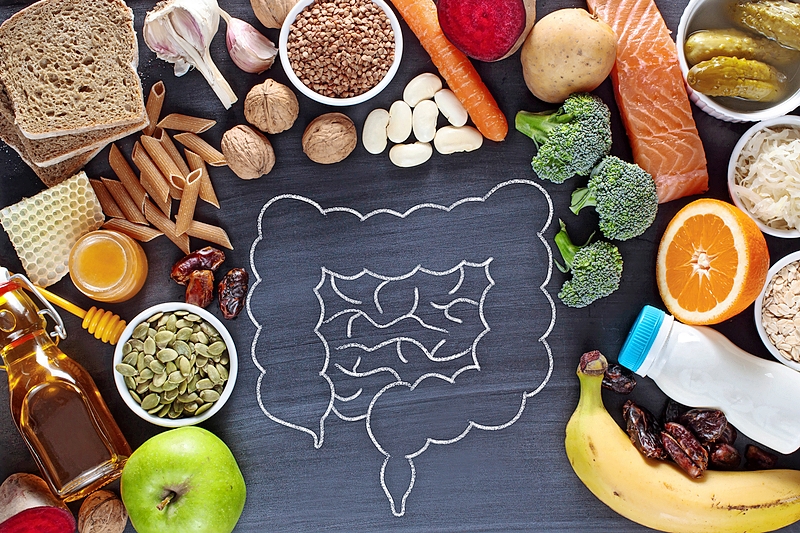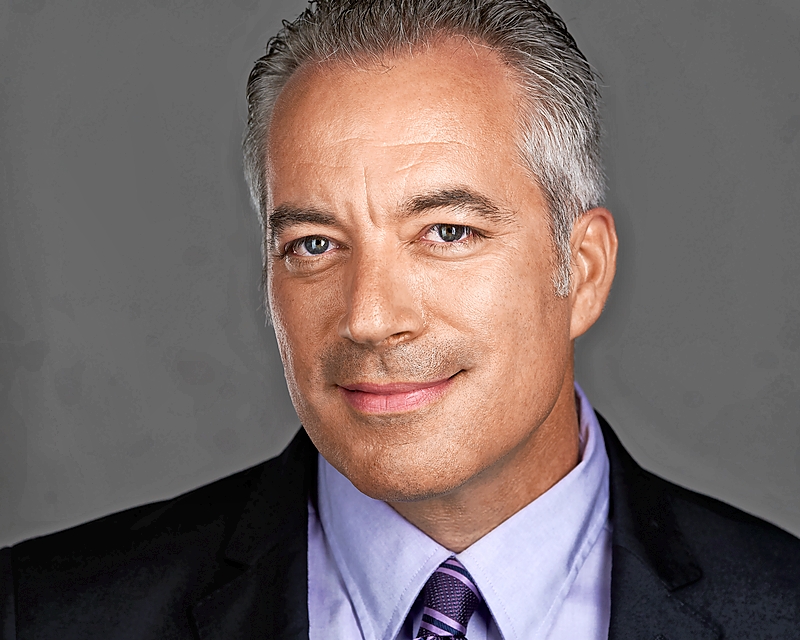Gut Instincts
By Mark Loehrke
Appears in the November 2023 issue.
Why healthy digestion is important to overall well-being

Almost everyone has experienced a meal that simply “doesn’t quite sit right” from time to time, and it’s generally not a cause for undue alarm—just ride it out and pick something a little less spicy/dicey/massive the next time around.

But when digestive duress becomes more of a regular guest at the dinner table, it’s time to start paying closer attention to what that tummy has to say. According to internal health specialist Keith Giaquinto of Giaquinto Chiropractic and Digestion Center in Naperville, digestive issues can have ramifications that go far beyond a little postmeal discomfort. He shares some thoughts on the importance of digestive health culled from his more than two decades of work in the field.
The origin and wide-ranging effects of digestion issues
“Stress is the cause of all disease, and M.E.N. are the cause of all stress—mechanical, emotional, and nutritional stress. When the body is under too much stress or chronic stress, the nervous system becomes out of balance and weakens the body. This weakened state negatively affects the digestion system, which can cause heartburn, reflux, bloating, gas, constipation, diarrhea, and headaches, but can also affect the brain, immunity, auto-immunity, hormones, allergies, skin, joints, and/or metabolism. Both health and disease begin in the gut—if your gut is out of balance, it can negatively affect everything in the body.”
How to tell if digestion is a problem
“Sixty minutes after you eat a meal, check in with your body and see how you feel. Ideally, you should feel light, energized, and clearheaded. The food you eat should make your brain sharp, your body strong, and your taste buds happy. If you instead feel heavy, lethargic, bloated, or not well, then you probably have digestion issues.”
Treating common digestion issues
“If someone is suffering from any chronic health challenge, I can trace it back to a nervous system that is out of balance and/or a weak digestion system—basically, the body is unable to optimally utilize the nutrition from the food they eat. The best way to treat digestion issues is to get evaluated and tested for the cause of the issue. I don’t chase symptoms around the body—once I identify the cause, I help the patient manage their stress better and support normal function in the body, and then their body does all of the healing. That’s what the body was designed to do. There is a priority sequence of how the body gets sick and how the body heals—you need to address the highest priority first for healing to occur.”
How to proactively encourage better digestive health
“I recommend eating a clean, whole-food diet. I also recommend the 80/20 rule: 80 percent eat clean, 20 percent processed—you have to enjoy life too. Try to consume more organic fruits/vegetables, non-GMO foods, and clean meats, such as grass-fed beef, wild-caught fish, and organic pasture-raised poultry. In general, the most important things are to manage your stress better, clean up your diet, and always thoroughly chew your food—remember, our stomach doesn’t have teeth.”
Photos: Val and Andy Photography (Keith Giaquinto portrait); iStock (illustration)


